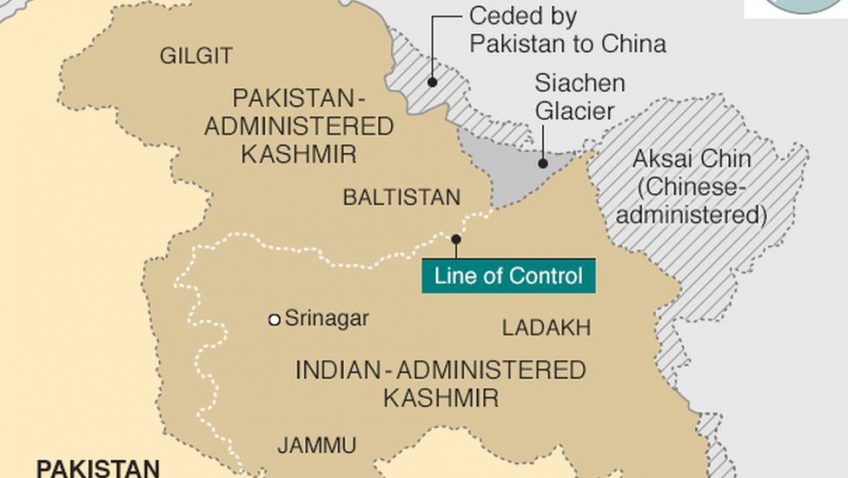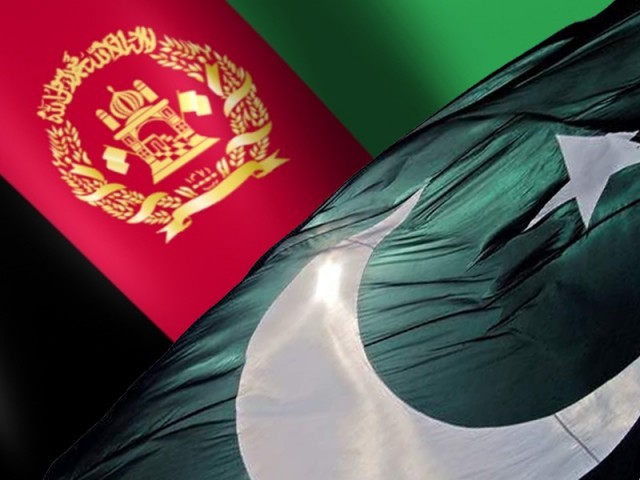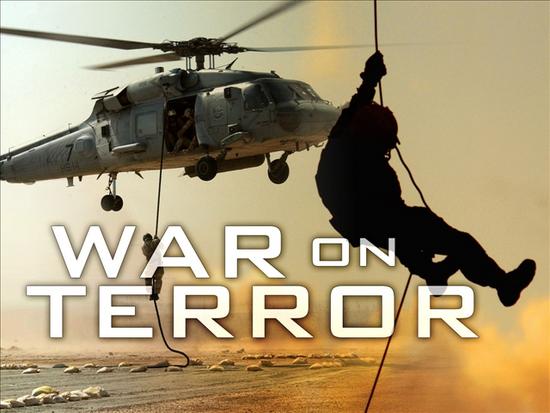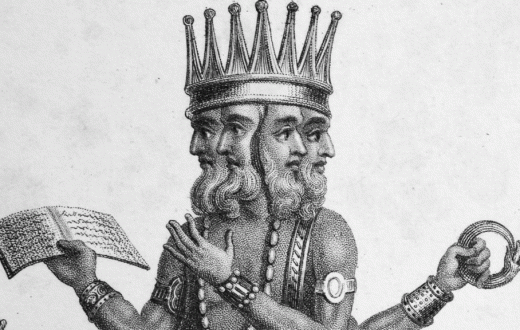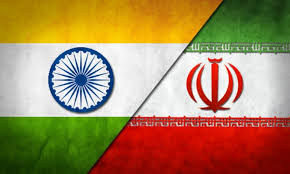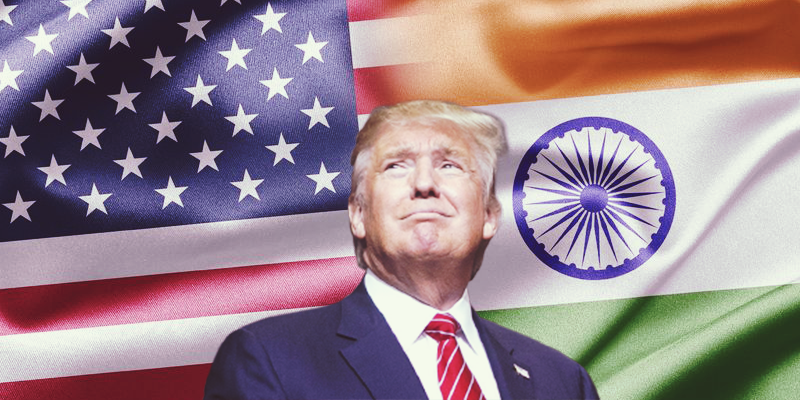Despite sharing 1,900-miles-long border with massive populations of 220 million and 1.3 billion inhabitants, relations between India and Pakistan has remained worst particularly over Kashmir.
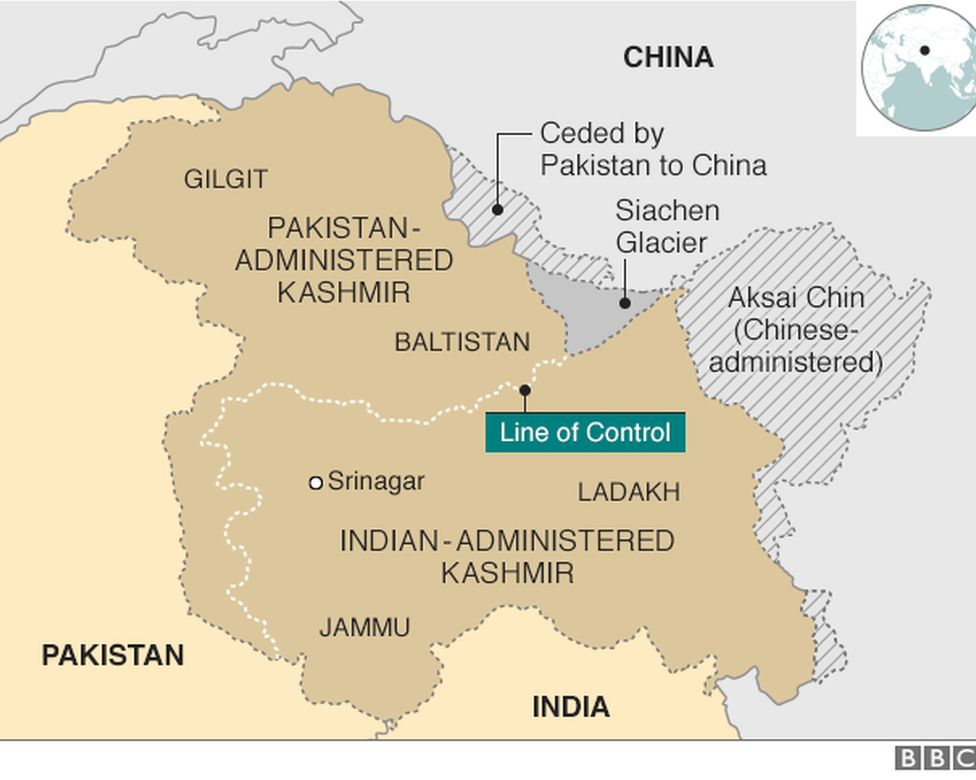
In timescale of more than seventy year, these two countries have fought four decisive wars and a couple of skirmishes. The first major war erupted in 1947, shortly after the controversial partition of the subcontinent after British Empire withdrew the subcontinent; ending in 1948 with a division of Kashmir with a Line of Control ( also known as the Berlin Wall of Asia); however, both India and Pakistan have been claiming sovereignty of both sides of the Kashmir.
While the fact is Kashmiris do not want to be controlled by either side, most of the Kashmiris want freedom and an independent government and a sovereign state of their own. But what makes Kashmir a flash point is its geo-strategic importance that has been addressed in The Prisoners of Geography by Tim Marshal. According to the author, the full control of Kashmir would give India a window into the Central Asian countries and a border with Afghanistan (which is already a proxy of two countries especially now when the most NATO forces has left the region).
And it would ultimately benefit India as she would be in direct access to the Central Asian oil that is also one of the main reasons India joined Shanghai Cooperation Organization in 2017. Additionally, the full control by India would also deny the Pakistani border with China that would diminish the Pakistan-China relations which is often propagated as “taller than mountains and deeper than the oceans.” This was actually propaganda to making United States nervous about cutting Pakistan off from the massive military aid it received from Washington to fight their so-called war on terror. But this propaganda could not work in Donald Trump’s presidency. On the other hand, if Pakistan would have full control of Kashmir it would directly strengthen Islamabad’s foreign policy options and deny Indian opportunities. It would also help Pakistan’s water security that Indus River originates in Himalayan Tibet, but passes through the Indian-administered part of the Kashmir before entering Pakistan so it would help storing more water for the growing population of Pakistan.
This strategic-depth of Kashmir has remained it history’s long disturbed and the most militarized zone of the world and this issue has to be unsolved until states of Pakistan and India stop their armies and militias fighting with each other and leaving the both countries spilling over a full-scale war with inherent danger of the use of nuclear weapons as it is already experienced in 1999; and notably, this was the second time that the world was on the brinks of nuclear disaster after the famous Cuban Missile Crisis. According to one the prominent scholar of Pakistan, the state of Pakistan has lost it’s almost chances to get Kashmir’s full control; Pakistan cannot get an inch of Kashmir, according to the current scenario, especially when India has annexed Kashmir last year in August, 2019. Despite the action was a unilateral and against the United Nations Security Council’s articles on Kashmir that claim Kashmir as a disputed territory between India and Pakistan, but the Indian action was also a real political because on the one hand, using force in interest of the state is realism, and on the other, believing in international norms and cooperation is a liberal idea on which Pakistan stood and faced an immediate defeat in Kashmir. Point here to make is Pakistan had been an aggressive power and it always initiated war stages, and India was seen on a responding side. But what happens this time is contrary to the historical events, it was an attack on Pakistani interest when India annexed Kashmir by abolishing article 370 and 35A, in response what we see was just nothing in response from Pakistani side expect claiming internationalization of the dispute. The truth is Pakistani leadership and policy makers actually failed to understand that Kashmir could only be conquered through force; and Pakistan had got that chance so many times in 1947, 1965, 1987, 1995 and finally in 1999. In 1984 also, Pakistan and India fought skirmishes on the Siachen Glacier at the altitude of twenty-two thousand feet which is considered as the history’s highest battle. But still this highness also didn’t give Pakistan a piece of Kashmir. At the end of the day, one can say that Pakistan has lost Kashmir not once, but so many times. Kashmir at the moment is officially an Indian state and Pakistan has lost the battle and even the nuclear deterrence also could not work.

